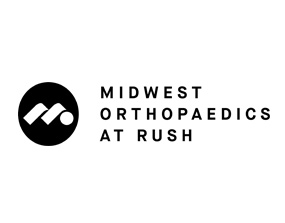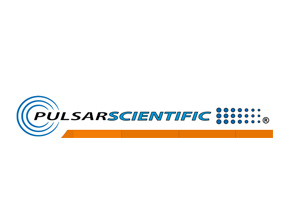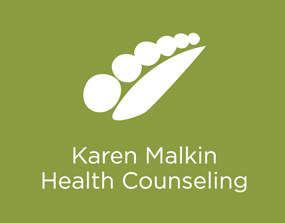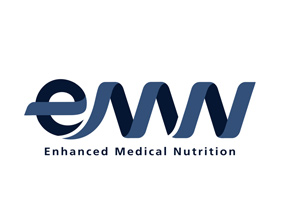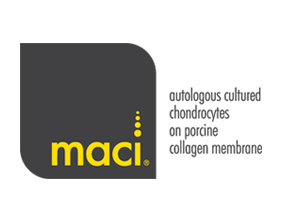- Supplement use in high school aged athletes is very common, especially amongst male athletes
- Whenever possible get your �??supplement�?� from food first, for example, lean meats and tofu are excellent natural sources
- If you do buy, get your supplements from a highly reputable manufacturer to avoid the chance that you are inadvertently consuming something that is banned or dangerous

Supplement use is incredibly common in teenage athletes, especially males. In my informal survey of the high school athletes I work with, I�??d say that half of the male athletes are using protein and/or creatine supplements.
Let�??s start with some definitions. Supplements are products such as protein powders, creatine, amino acids, high-dose vitamins, weight loss products, energy boosters, and more. Specific examples include protein powders, creatine products, and �??energy drinks�?� like Monster.
Some supplements are legal, but aim for �??food first�?�
Protein powders, creatine, and caffeine (up to some limits) are generally legal for high school and college sports. Whenever possible though, aim to get your �??supplements�?� through real food. For example, excellent sources of supplemental protein would include lean meats and tofu. Creatine is found in meats and poultry. Caffeine would be in coffee, tea, and coffee.
If you choose to use supplements such as creatine or protein powder please be absolutely certain you are purchasing from a highly reputable manufacturer (see below) and be on the lookout for common side effects. For example, you need to really focus on hydration with creatine and protein powder to reduce side effects of muscle cramps and stomach cramps.
The problem with supplements: inadvertently consuming banned or dangerous substances
In the United States there is an organization called the Food and Drug Administration (aka �??FDA�?�) whose job is to ensure as best as possible the safety of drugs used to treat medical conditions. One of the big issues with common supplements is that their production is not regulated by the FDA. This means that there are no assurances about what is actually in the supplement you are consuming.
Although manufacturers are required to list all ingredients on the label, a dietary supplement may contain a banned substance, even if not listed, due to contamination or poor manufacturing practices. There might also be outright deception or fraud from the manufacturer.
For example:
- The product may not contain what is listed on the label (Example: a multivitamin could actually just be sugar or fillers).
- The product may contain different amounts of the substances than listed on the label (Example: a product that states it has 60 mg of caffeine may actually contain 120 mg).
- The product may contain (sometimes illegal) compounds that are not listed on the label (Example: a product that claims to be creatine could be laced with steroids, steroid precursors, or ephedrine).
Do: if you buy, do so from a highly reputable manufacturer
Even though the FDA does not regulate the supplement industry, some companies do a much better job of ensuring safety and purity of their products than others. For example, one company I really like is EAS, a company with a strong reputation that publishes its �??100% Certified and Safe�?� pledge. And for disclosure, I have no relationship with the company, nor does Sideline Sports Doc. I just think they do it right. There are other companies that also do a great job.
Avoid anything that acts like a hormone, or gives outrageous performance claims
Absolutely avoid products that claim they alter the effects of hormones like testosterone, estrogen, and progesterone. Also beware of products that make extreme claims (example: �??Build 25 pounds of muscle and lose fat in two weeks!�?�). If it sounds too good to be true, then it probably is. Exaggerated claims related to energy metabolism, body fat loss and muscle mass gain are especially high risk for containing an undisclosed banned substance.
Here are some Red Flag phrases to look out for. Avoid any products that have these in their advertising:
Bottom line: get your �??supplements�?� from food first. And if you really feel the need to add supplements follow some of the cautions above. Don�??t risk your health or your eligibility to compete!
Click here for full podcast playlist.
